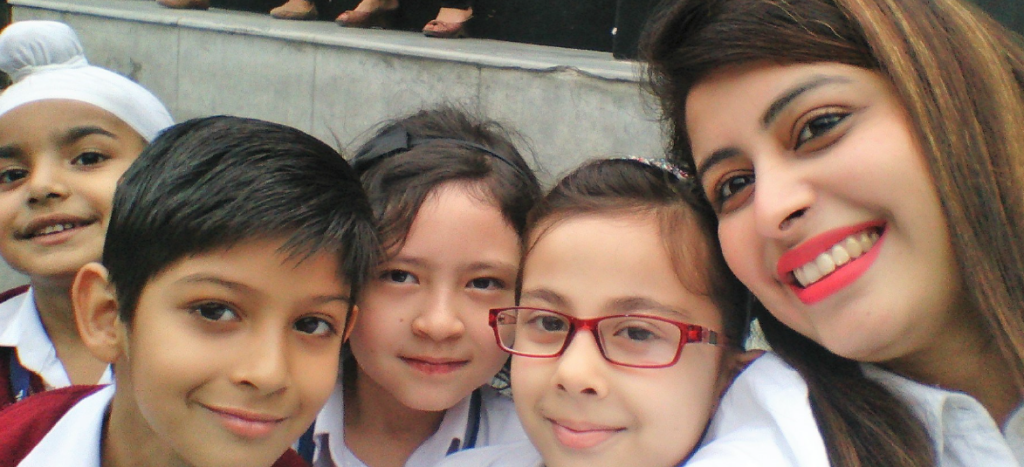
Early Education believes every child deserves the best possible start in life and support to fulfill their potential. A child’s experience in the early years has a ma-jor impact on their future life chances. A secure, safe and happy childhood is important in its own right, and provides the foundation for children to make the most of their own abilities and talents as they grow up
Early Education believes
1 : Every child is a competent learner from birth who can be resilient, capable, confident and self-assured
2 : children learn to be strong and independent from a base of loving and secure relationships
3 : The environment plays a key role in supporting and extending children’s de-velopment and learning
4 : Children develop and learn in different ways and at different rates. All areas of learning and development are equally important and interconnected.
Early Education supports families and early childhood practitioners across all early childhood education settings in order to deliver effective learning and care that is underpinned with a robust understanding of the development of young children.
We believe effective early childhood education requires:
1 : A relevant curriculum and practitioners who understand and are able to im-plement the individual learning of each unique child.
2 : Practitioners across all early childhood education settings to understand that children develop rapidly – physically, intellectually, emotionally and socially – but at varying rates.
Children are entitled to provision that supports and extends knowledge, skills, understanding and confidence that helps them to counter and overcome disad-vantage.
We believe effective early childhood education should:
1 : Build on what children already know and can do. Babies and young chil-dren are individuals first, each with unique talents and abilities. Schedules and routines should acknowledge the child’s needs. In order to meet the child’s needs children should be observed to understand and respond to their current interests, stage of development and level of learning.
2 : Acknowledge that parents are children’s first and most enduring educa-tors. When parents and practitioners work together, the results have a positive impact on children’s development and learning.
3 : Value and respect the diversity of individuals and communities and ensure that no child or family is discriminated against.
To be effective, those designing and delivering an early childhood education curriculum framework should understand:
Children’s exploration through play reflects their wide ranging and varied in-terests and preoccupations. In their play, children learn at their highest level. Play with their peers is an important aspect of their own development
Children learn best through physical and intellectual challenges. Active learn-ing involves other people, objects, ideas and events that engage and involve children for sustained periods. When children have the opportunities to play with ideas in different situations and with a variety of resources, they discover connections and come to new and better understandings and ways of doing things. Adult support in this process enhances their ability to think critically and ask questions.
A rich and varied environment supports children’s learning and development through experiences and activities that are challenging yet achievable.
It gives children the confidence to explore and learn in safe and secure, yet challenging, indoor and outdoor spaces.
Children’s health is an integral part of their emotional, intellectual, social, en-vironmental and spiritual well being and is supported by attention to these as-pects. Young children are vulnerable. They develop resilience when their physical and psychological well-being is protected by adults and when their learning environment is supported to work in partnership with other settings, other professional disciplines and with individuals and groups in the commu-nity.